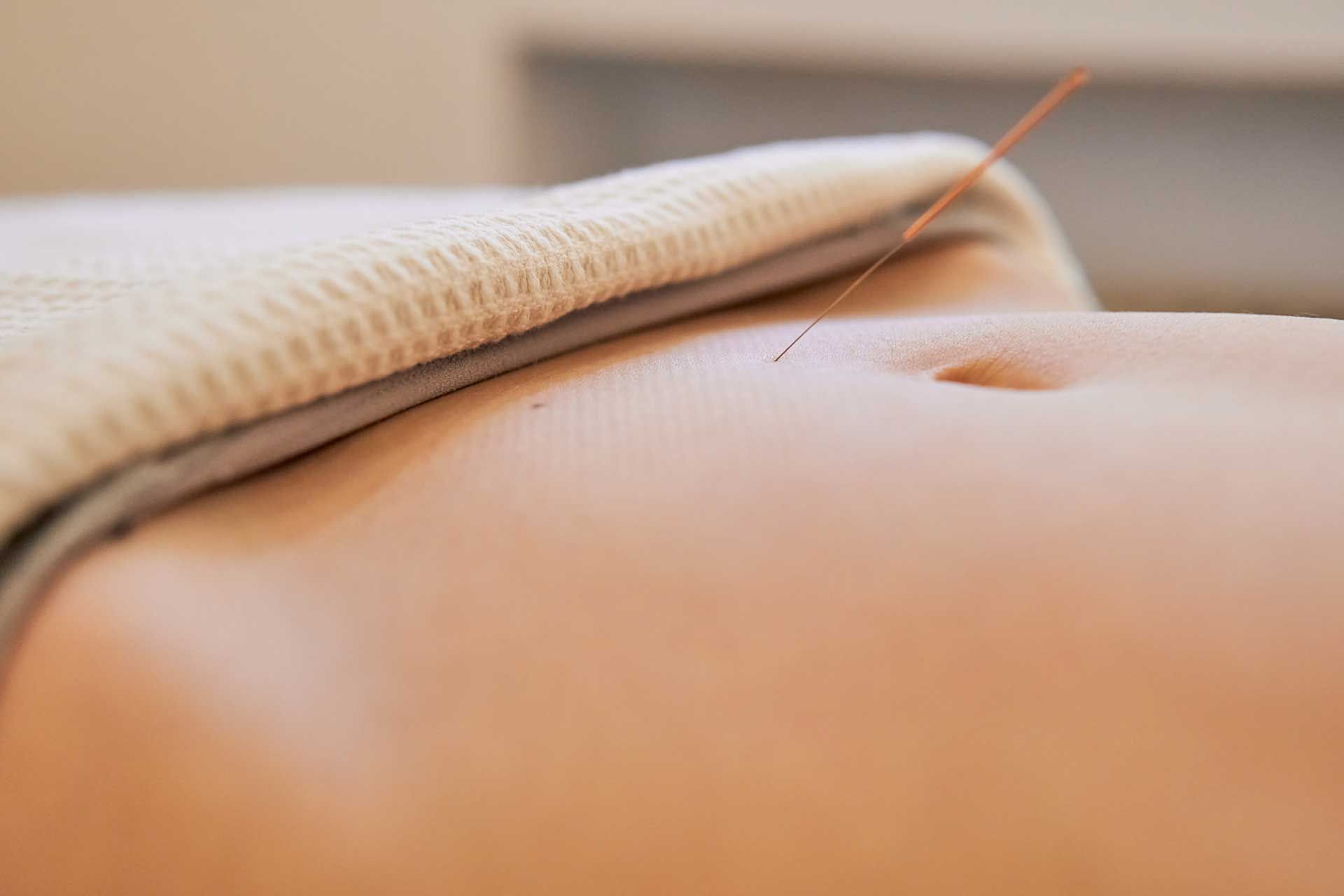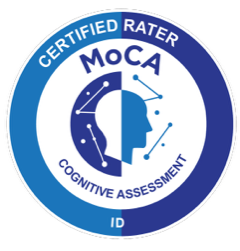3 Simple Vagal exercise techniques to help you gut
When you are suffering from gastrointestinal symptoms, which have been going on for a long time, many people assume that it must be to do with food sensitivities or low-level ongoing infection in the gut. I often find these people go on restrictive diets do many alternative remedies but ultimately, they still have chronic never ending gastrointestinal symptoms like, diarrhoea, constipation, bloating and pain.
The gut-brain axis is well researched in the literature and the connections between inflammatory foods and neurological symptoms is also well researched. But the impact of brain function on gut function is often overlooked.
The brain is constantly communicating with all the organs in our body including the gut and it does this through the Vagal nerve.
The vagal nerve, amongst other things, plays a role in your ability to swallow, gut motility, digestive enzyme release and of course afferent input back to the brain.
In the clinic, vagal nerve function can be assessed using some simple examination techniques. For example by listening to the abdomen with a stethoscope, motility can be assessed, you should be able to hear the gurgling sound of digestion as the food moves through the gut. Looking at the gag reflex or the uvula at the back of the throat rising when you say “Ahhhh”, can also help to assess vagal function. When the uvula doesn’t move much or the gag reflex is weak it indicates the vagal nerve may not be functioning well.
There are also physical signs of a weakened vagal function such as, if you struggle to swallow supplements or pills, or find that food sits in your stomach after eating, this is often described as feeling like a brick in your stomach and can indicate a lack of stomach acid.
It is common for health practitioners to ignore the brain-gut connection in patients with chronic gut complaints. Interventions such as enzymes, probiotics, and other digestive aids may improve digestive health, but the clinical focus should also support brain health to improve the brain-gut axis.
How to improve Vagal function
Nerves are like muscles they need constant exercise to make them work properly. If you break your arm and it is put in a cast your muscles shrink within a few weeks of inactivity. It is the same for neurons if you don’t activate them they loose function. So if your brain is not able to stimulate the vagal nerve properly you can loose gut function and it can lead to chronic gastrointestinal symptoms.
For many people it can be very helpful to stimulate the vagal nerve or to put it another way is to exercise the vagal nerve.
These are 3 simple techniques that will help improve your vagal nerve function:
Gargle
The first exercise is to gargle with water several times a day. This is easily done take a sip of water tip your head back and gargle, continue to drink the whole glass in this way. The more vigorously you can do this the better. If you would like to see a great video of what happens to the uvula when you gargle there is a video link at the end of the article (clip starts at 1 min).
Sing
Singing, especially singing loudly is another great exercise working the muscles at the back of the throat and therefore stimulating the vagal nerve. It doesn’t matter if you are a good singer or not, if you don’t want others to hear you putting your favourite track on in the car and signing along is a good option.
Gag
Activating the gag reflex is another good exercise – you do not want to jab yourself in the back of the throat but if you get a box of tongue depressors and lay the depressor on the back of your tongue by pushing down you will activate the gag reflex.
In terms of exercise activating the gag reflex is like lifting weights, singing and gargling are more like doing sprints. And just like going to the gym it takes time and consistent effort to start to see some changes. Improvements in gut function, like better motility and less constipation, ability to swallow and digest foods are all possible, some find changes happen quickly but for others it takes more time.
So if you are suffering with chronic gut issues assessing the Brain-Gut axis and vagal nerve is a good idea. Even if you do not have significant constipation, leaky gut, or other GI issues, you may still benefit from building vagal tone by gargling, singing loudly, or performing gag reflexes on yourself.
Video Link: https://www.youtube.com/watch?v=HWgfFYCAsX8&t=98s
Stay Up to Date - get new blog posts, videos and articles straight into your inbox
Contact Us
Thank you for contacting us.
We will keep you updated of any new blog posts, videos or content that may be of interest to you.
Please try again later.
Blog Categories










